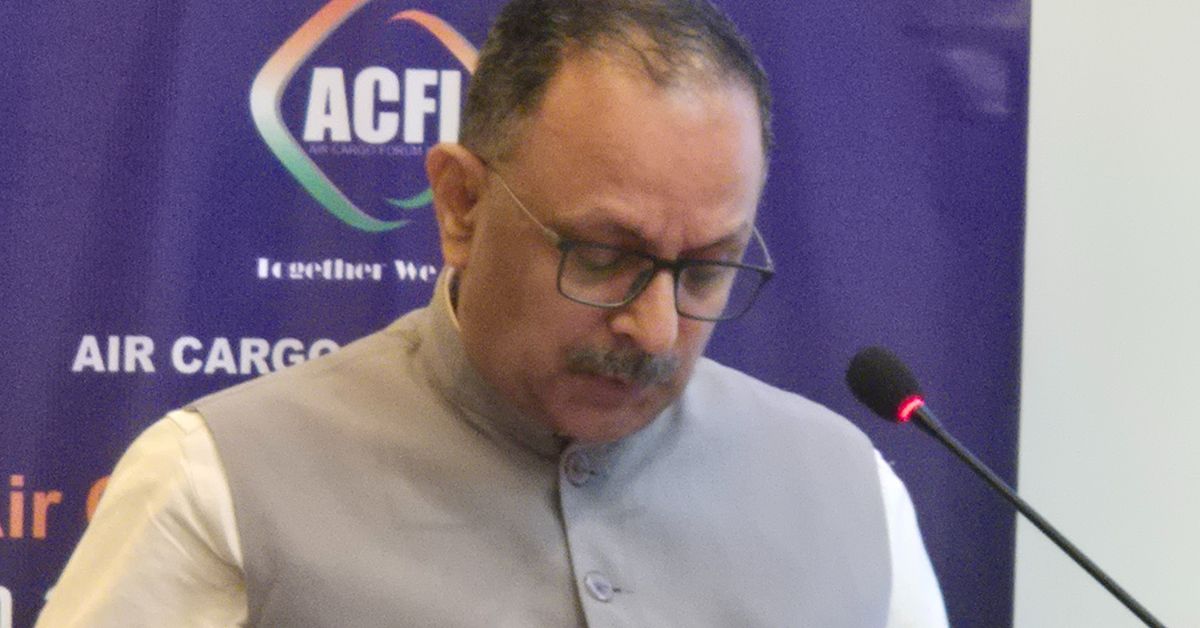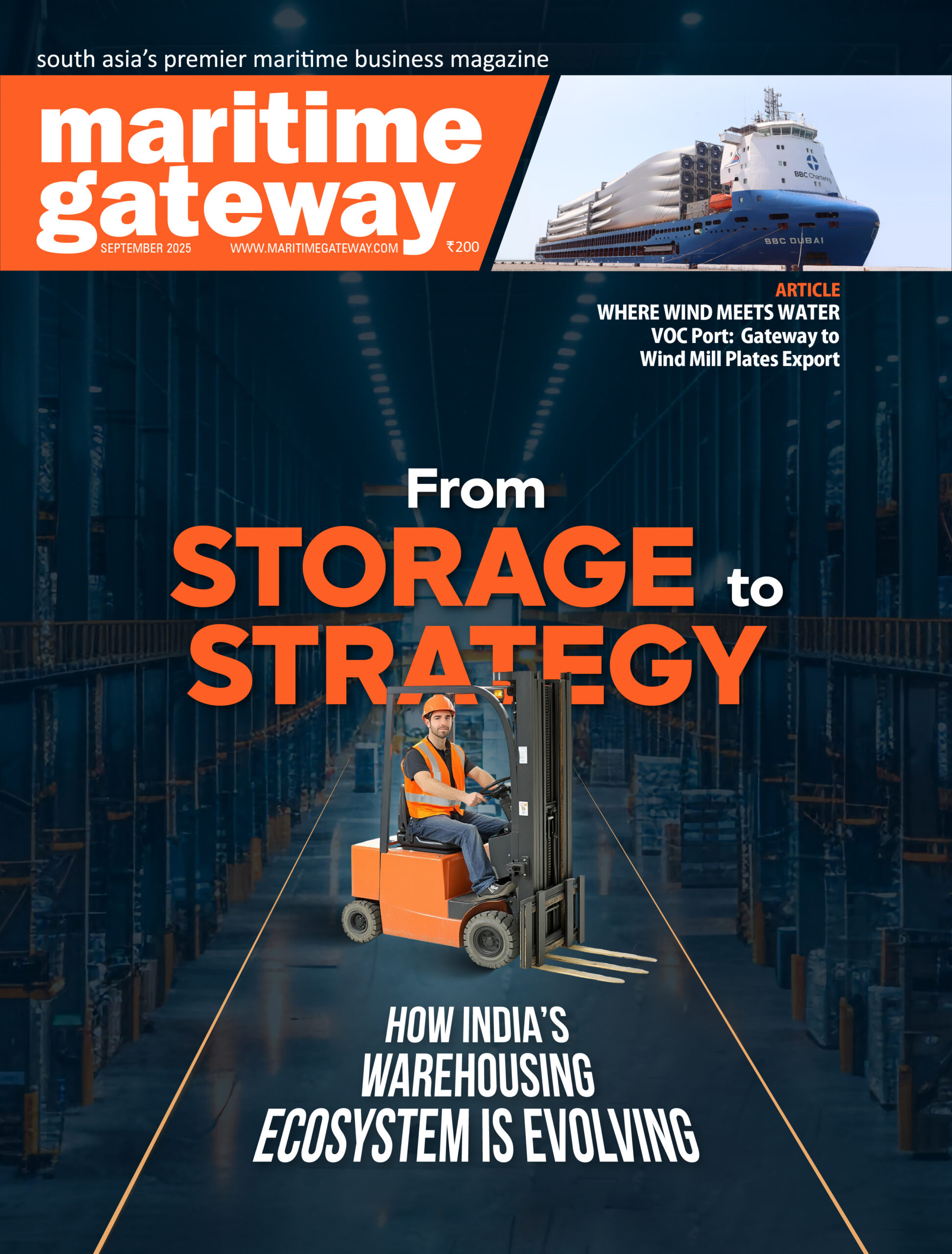The annual conclave of the Air Cargo Forum India 2025, scheduled for 11 July, is poised to be an exciting event. Karanjit Singh Wadhwa, Chairman of ACFI, Event Management Task Pillar, and Director of the Grace Group, during the curtain-raiser event, revealed that this year’s conclave would address pertinent questions, such as how India intends to triple its air cargo capacity by 2030, explore ways to make air and cargo more innovative and resilient, and consider what global leadership in cargo would genuinely entail.
The conclave would focus on four key pillars that would capture the sector’s priorities and future direction.
The first of the four pillars will focus on Resilience Through Innovation, moderated by Ramesh Mamidala, Vice President of ACFI and Head of Cargo at Air India Ltd. Satish Lakkaraju, Chairman of the ACFI Regional Outreach and Partnership Task Pillar and CEO of NextGen Logistics Pvt Ltd, speaking on behalf of Mamidala, stated that air transportation is becoming increasingly tense due to various geopolitical skirmishes. Recent geopolitical events have presented opportunities for India to leverage volatility by strengthening regional cargo hubs and enhancing cargo coordination among private players, Customs, and regulators. The session will examine the structural reforms required for transhipment and discuss pre-trade agreements with various countries.
This session will discuss how technology can be leveraged to enhance cargo movement, improve visibility, and increase efficiency, as well as explore the deployment of X-ray machines in India for rapid cargo scanning. These measures would help in reducing the dwell time of cargo. There was a need to impress the shipper that air cargo was not an expensive mode of transport.
Satish Lakkaraju will moderate the discussions in the second pillar. The session will examine ‘Tech-Driven Cargo: Accelerating Express, E-Commerce, and Data-Led Operations. The discussions will be on how cargo efficiency and visibility can be enhanced, particularly in express e-commerce. India’s e-commerce industry is estimated to be worth Rs 85000 crores. How can AI be leveraged to tap into this market?
Green Corridors and Sustainable Trade Lanes: Air Cargo’s ESG (Environmental, Social, and Governance) Imperative will be the focus of the third pillar, moderated by Keku Bomi Gazder, Managing Director and CEO of Aviapro Logistics Services Pvt Ltd. This session will explore ways to promote responsible environmental growth in air logistics that align with global climate goals. India’s air cargo expansion must go hand in hand with sustainability. There is a need to adopt more green solutions at airports and encourage low-emission transportation. The session will also examine Sustainable Aviation Fuel (SAF) for freighter aircraft, the electrification of ground handling equipment, and investment in energy-efficient warehouses.
The fourth pillar will focus on Securing India’s Cargo Future: Risk, Resilience, and Disaster Readiness. The moderator for this session will be Yashpal Sharma, Chairman and Managing Director of Skyways Group. This session will examine the mitigation of risks in cargo movement. As cargo volumes increase, compliance must be adhered to. There should be the adoption of AI-based screening, innovative X-Ray systems, and a block for tamper-proof documentation. The session will explore global best practices.
The theme will also address cybersecurity in logistics, including the protection of digital infrastructure and the management of cargo. It is essential to develop a security system that ensures the smooth flow of cargo. The key questions to be addressed will be: How can public and private stakeholders collaborate on cargo security? What training will be needed? How can data protection and privacy be maintained as logistics progressively digitize?









